Victoria Castelli Points to 8 Films That Shaped Her Take on Cinema
The film executive's thrilling perspective on independent films is as intense and magnetic as the playlist she curated to accompany it.
Victoria Castelli is a film executive who started her career in New York, where she studied at Lee Strasberg and Hunter College. After making her debut in film at Scott Rudin Productions she joined RT Features, the acclaimed production company behind “I’m Still Here” (a 2025 Oscar winner), “Call Me by Your Name”, “The Lighthouse”, “The Witch”, and “Ad Astra.” At RT Features, she served as development executive before overseeing international productions, a position she holds today.
She also made you a playlist.
by Victoria Castelli
‘Opening Night’ directed by John Cassavetes (1977)
Watching “Opening Night” really shook me, it made me see acting not just as a performance, but as this fragile dance between who you are and who you’re trying to become on stage. John Cassavetes doesn’t try to clean it up; he leans into the mess. And Gena Rowlands… she’s just electric. You feel every crack, every doubt, every raw nerve. It’s a film that made me realize that the best performances don’t hide its cracks, they expose them.
‘Elle’ directed by Paul Verhoeven (2016)
“Elle” isn’t just about violence, it’s about what a woman does with that violence after it happens. It’s sexy and deeply unsettling. Isabelle Huppert’s character doesn’t play victim, she takes control in a way that’s as disturbing as it is powerful. There’s something haunting about how she turns the trauma on its head, manipulates the very thing that tried to break her. In this twisted power dynamic she finds something akin to pleasure, not because it’s right, but because it’s hers. It’s a film that doesn’t offer comfort but leaves you wide open.
‘Morvern Callar’ directed by Lynne Ramsay (2002)
“Morvern Callar” reframes death not as tragedy, but as a quiet rupture; an opening into isolation, reinvention, and moral ambiguity. Lynne Ramsay’s minimalism, paired with Samantha Morton’s hauntingly internal performance, captures a profound loneliness that resists catharsis. The soundtrack is a psychological map that charts the main character’s emotional dislocation. It’s a film where grief gives way not to healing, but to a strange kind of autonomy.
‘Shadows’ directed by John Cassavetes (1959)
In “Shadows,” John Cassavetes uses loose, intimate camera movements to mirror the instability of racial identity and emotional connection. The improvisational style gives the film a crude realism where love feels both urgent and fragile. Racial tensions aren’t dramatized, they linger in glances, silences, and missed connections. It’s a film about people trying to reach each other, and the invisible barriers that shape even the most personal moments.
‘Body Double’ directed by Brian De Palma (1984)
“Body Double” is Brian De Palma at his most provocative; sexy, fearless, and unapologetically stylized. It’s a thriller that blurs the lines between obsession and performance, desire and danger. His signature blend of eroticism and suspense is on full display, turning voyeurism into both a narrative engine and a cinematic spectacle. The result is a film that seduces as much as it disorients.
‘Opera’ directed by Dario Argento (1987)
I first watched Dario Argento’s films in college, and “Opera” completely rewired how I saw horror with its violent, operatic, and meticulously crafted spectacle. Every frame felt like a painting that is stylized but never hollow. The way he turns brutality into beauty was unlike anything I’d seen before. And the soundtrack—so pulsing, so alive—drives the tension straight into your bones. It’s a film that elevates horror without losing any of its edge.
‘Titane’ directed by Julia Ducournau (2021)
“Titane” is a fearless, genre-defying work of feminist cinema. Julia Ducournau creates a world that’s as brutal as it is tender, crafting characters who are messy and deeply human. Agathe Rousselle delivers a staggering performance that is both vulnerable and feral, while Vincent Lindon one that is heartbreaking in its quiet desperation. From its hypnotic soundtrack to its wildly original storyline, the film pulses with an energy that defies expectations. It’s a visceral experience: bold, unsettling, and new.
‘Happening’ directed by Audrey Diwan (2021)
“Happening” is a haunting adaptation of Annie Ernaux’s eponymous memoir, which Audrey Diwan brings to life with striking intimacy and restraint. It’s a film that carries the weight of its subject—illegal abortion in 1960s France—with quiet urgency and devastating clarity. The direction is precise yet poetic, never sensationalizing, only illuminating. Anamaria Vartolomei’s performance is breathtaking, internal, brave. Diwan transforms Ernaux’s deeply personal story into something universal, tender, and shattering.



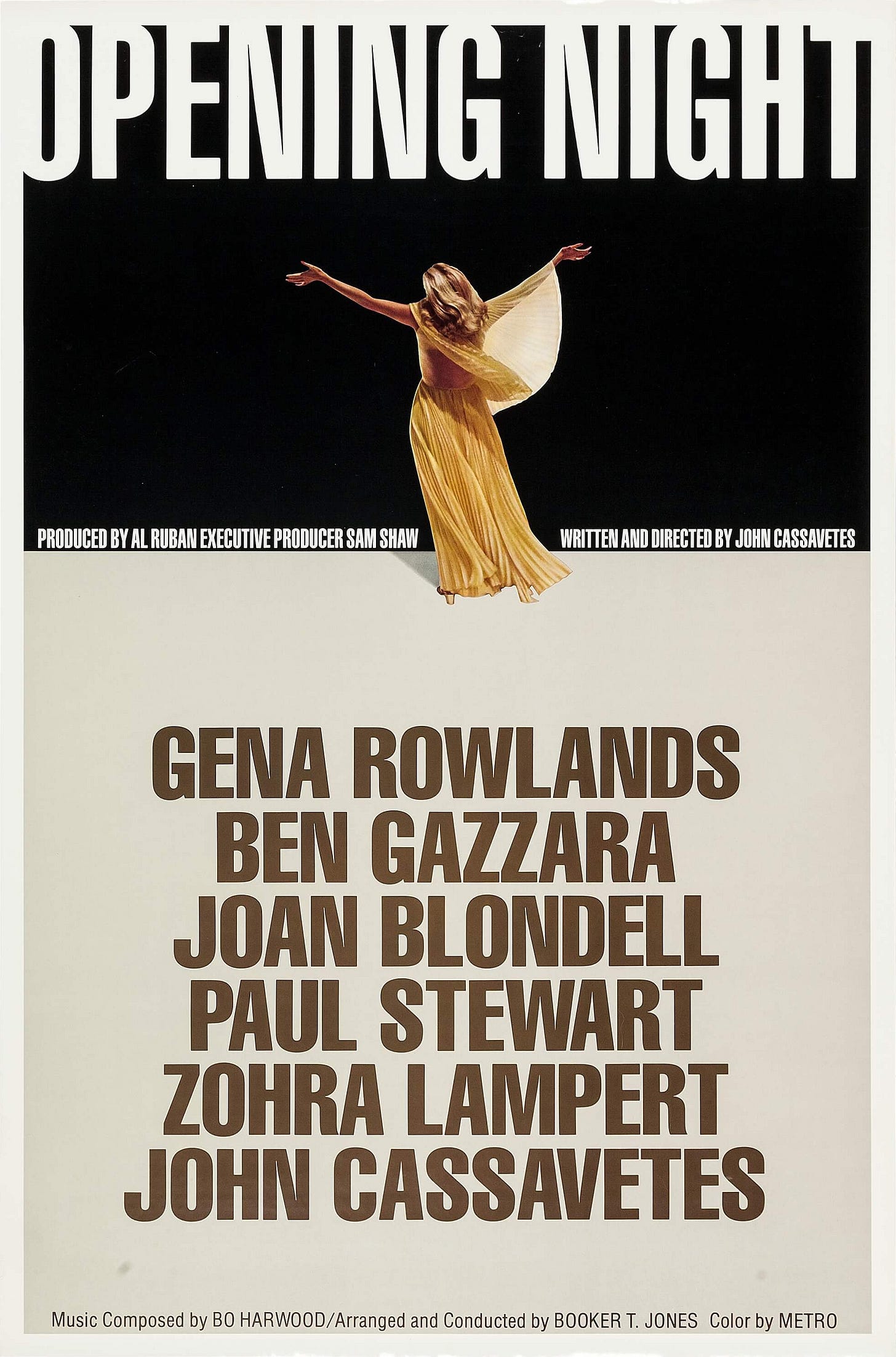
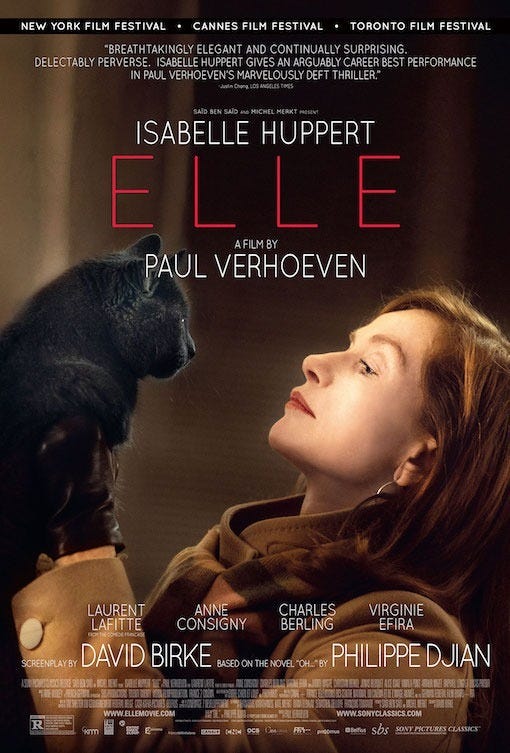
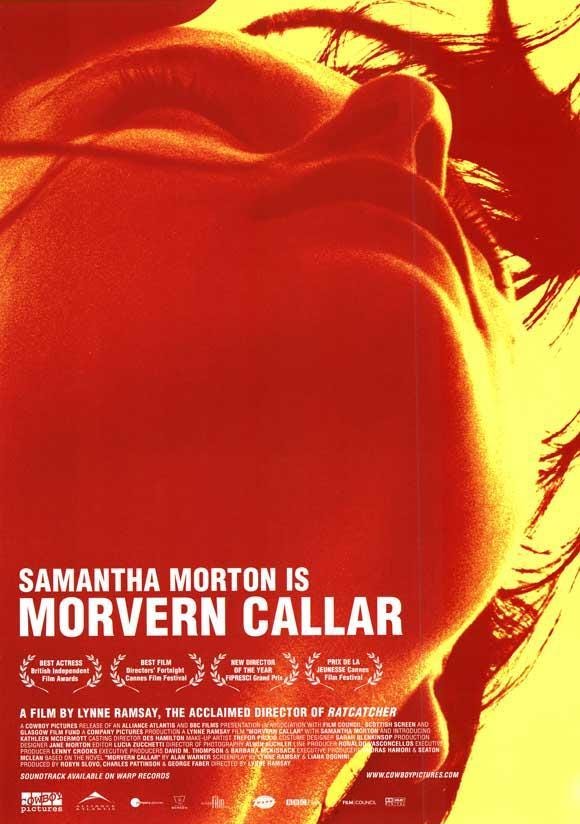
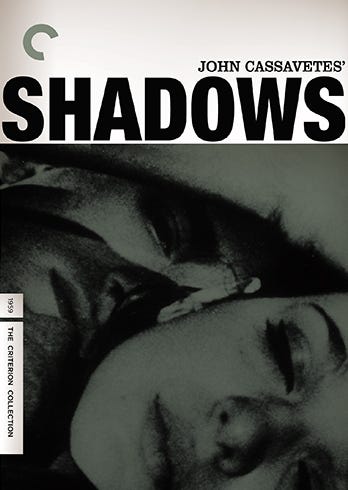
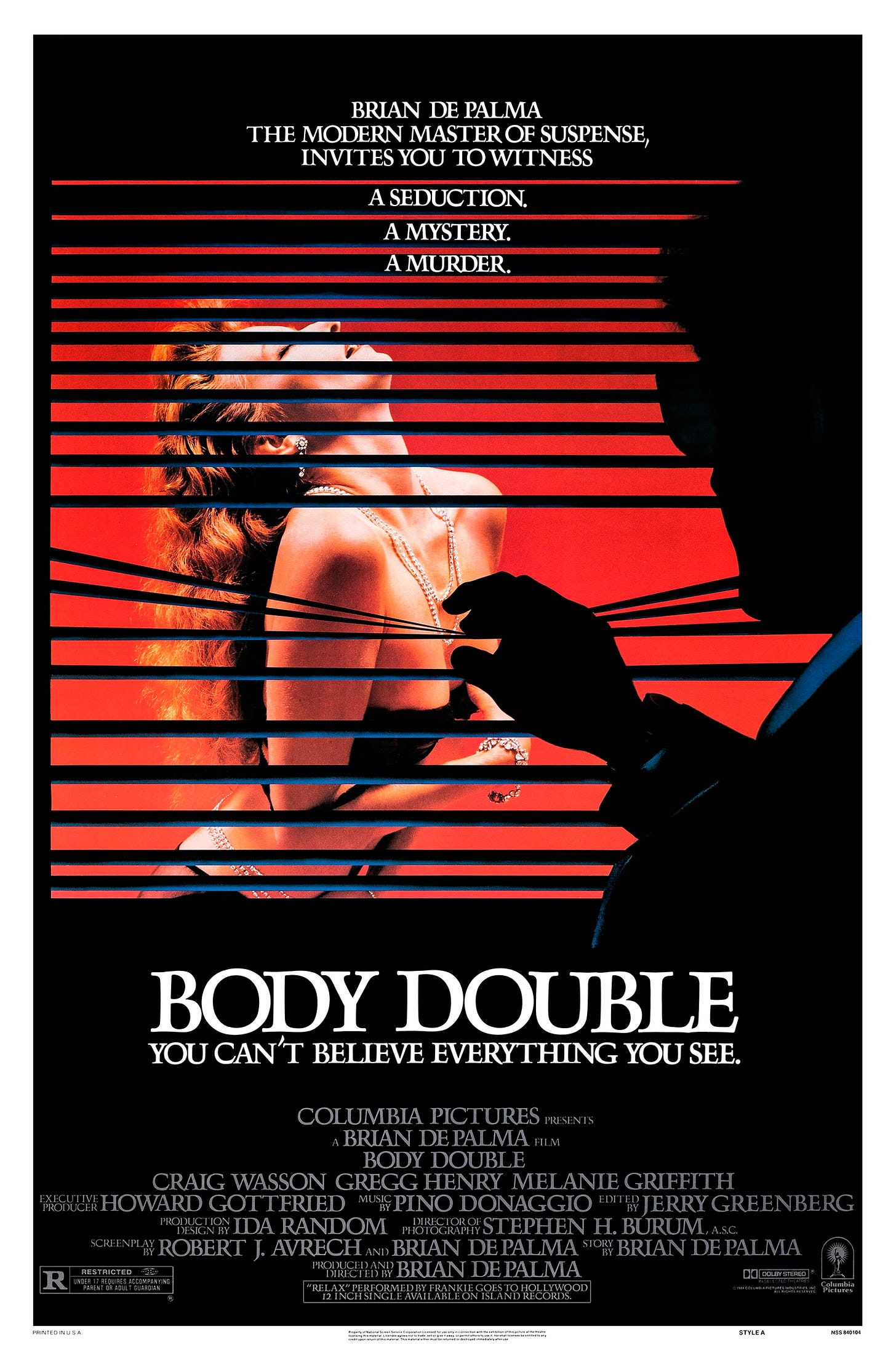

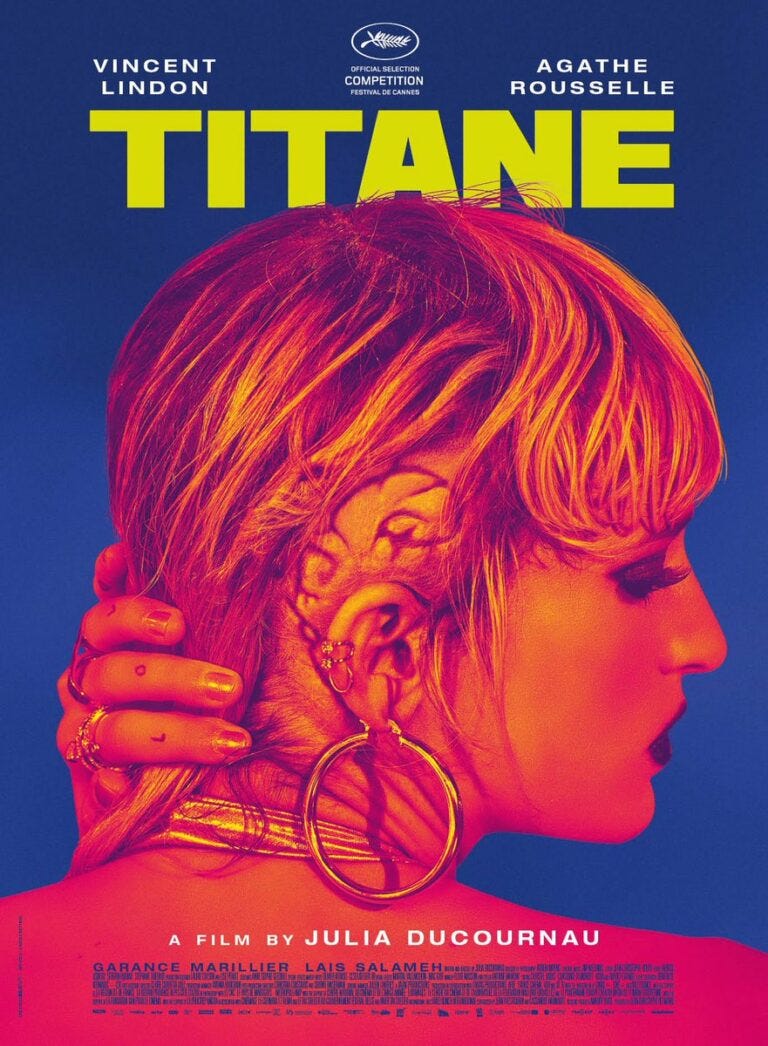

great playlist